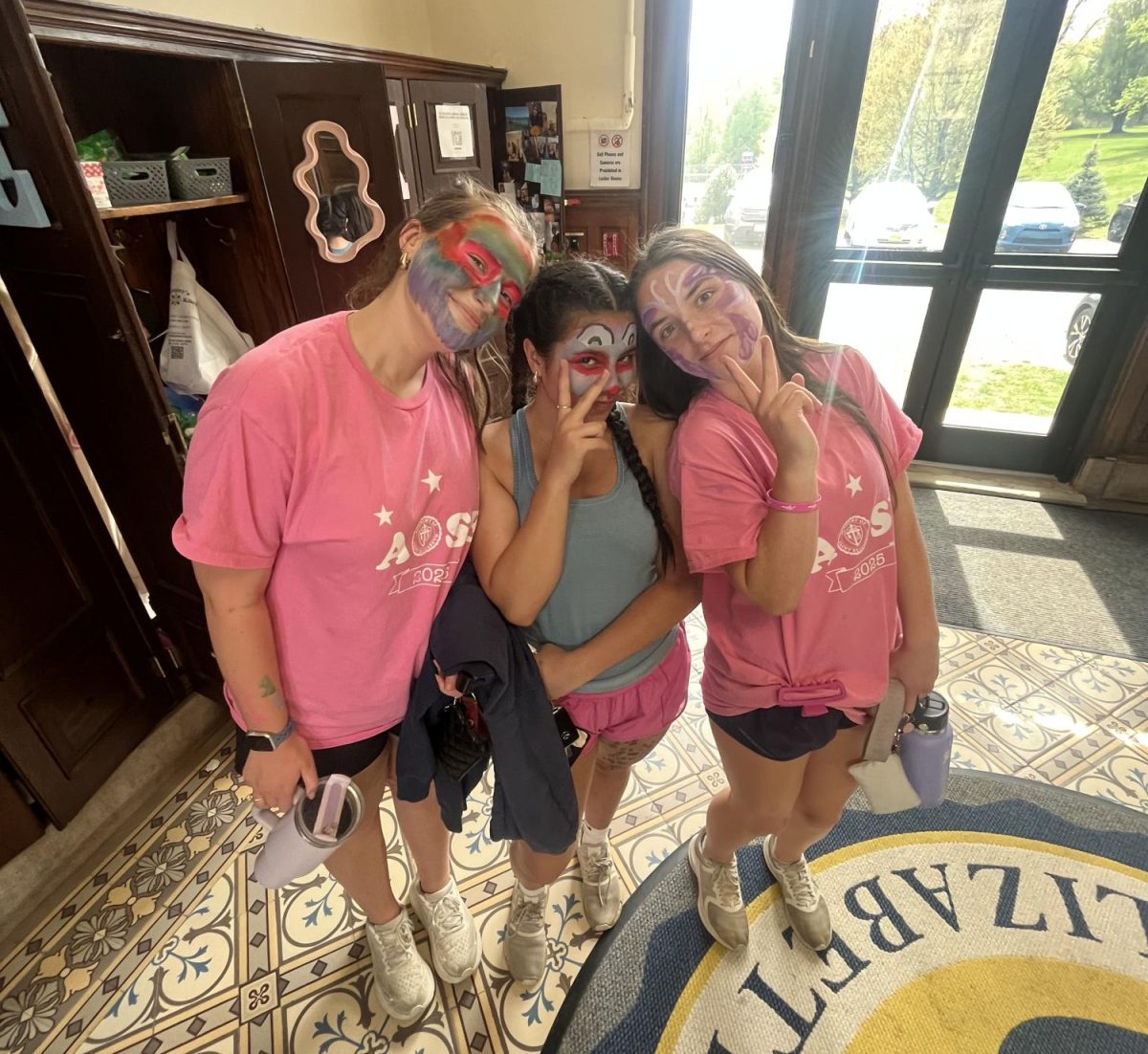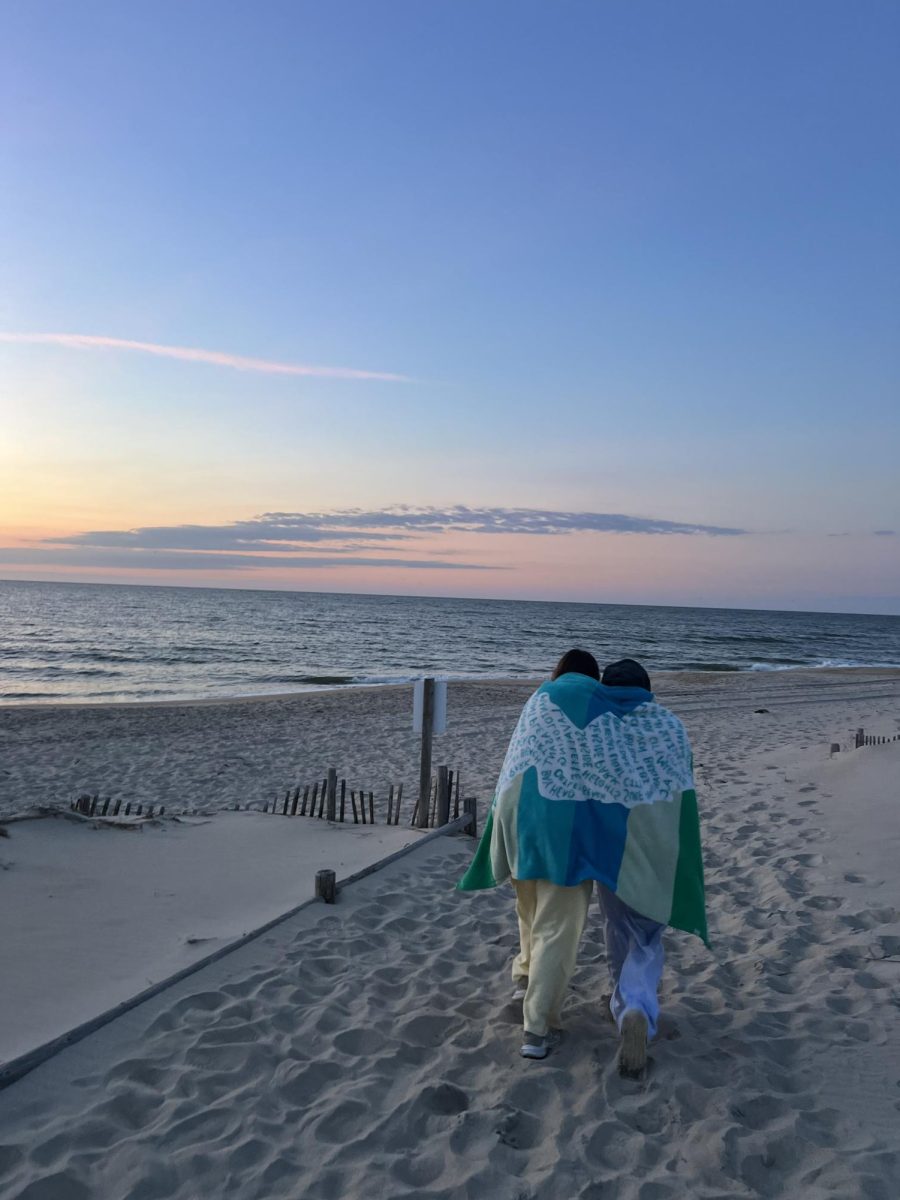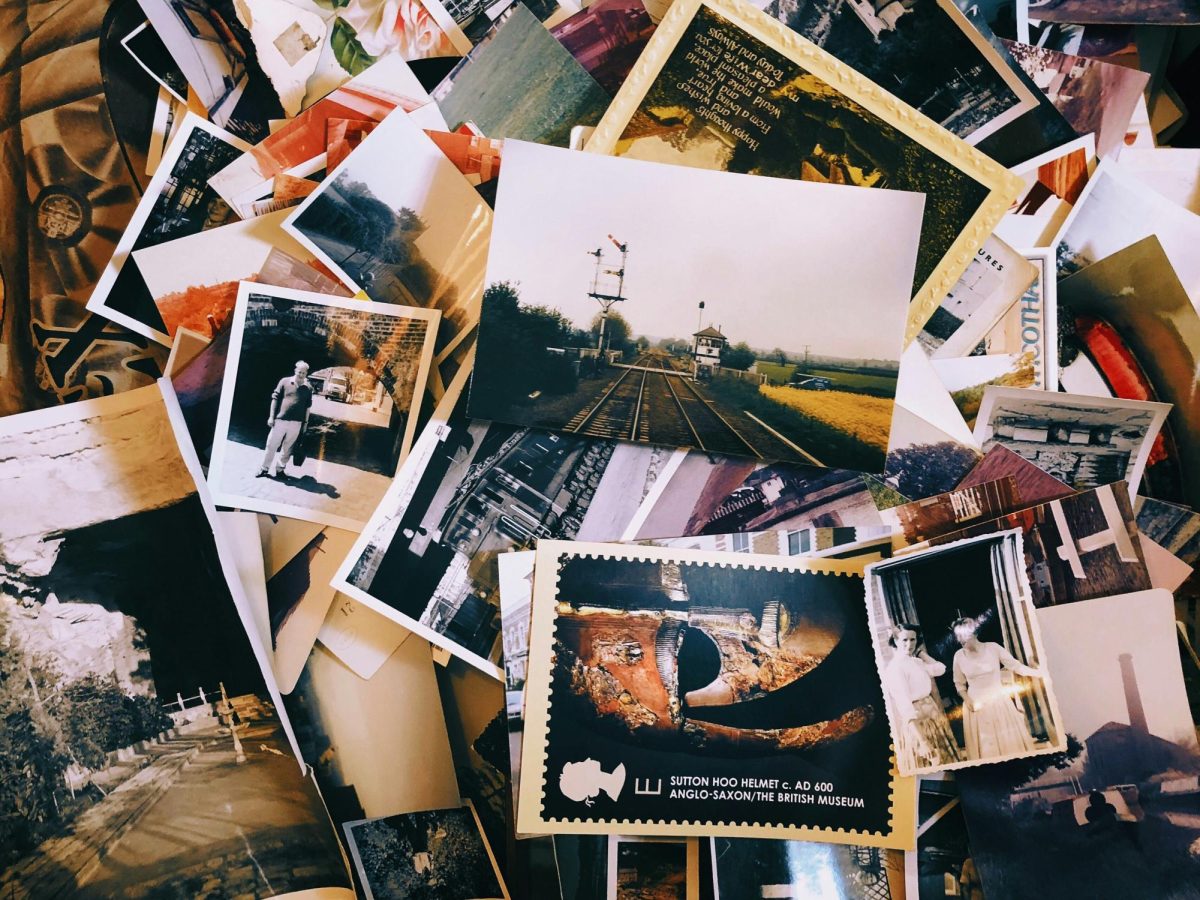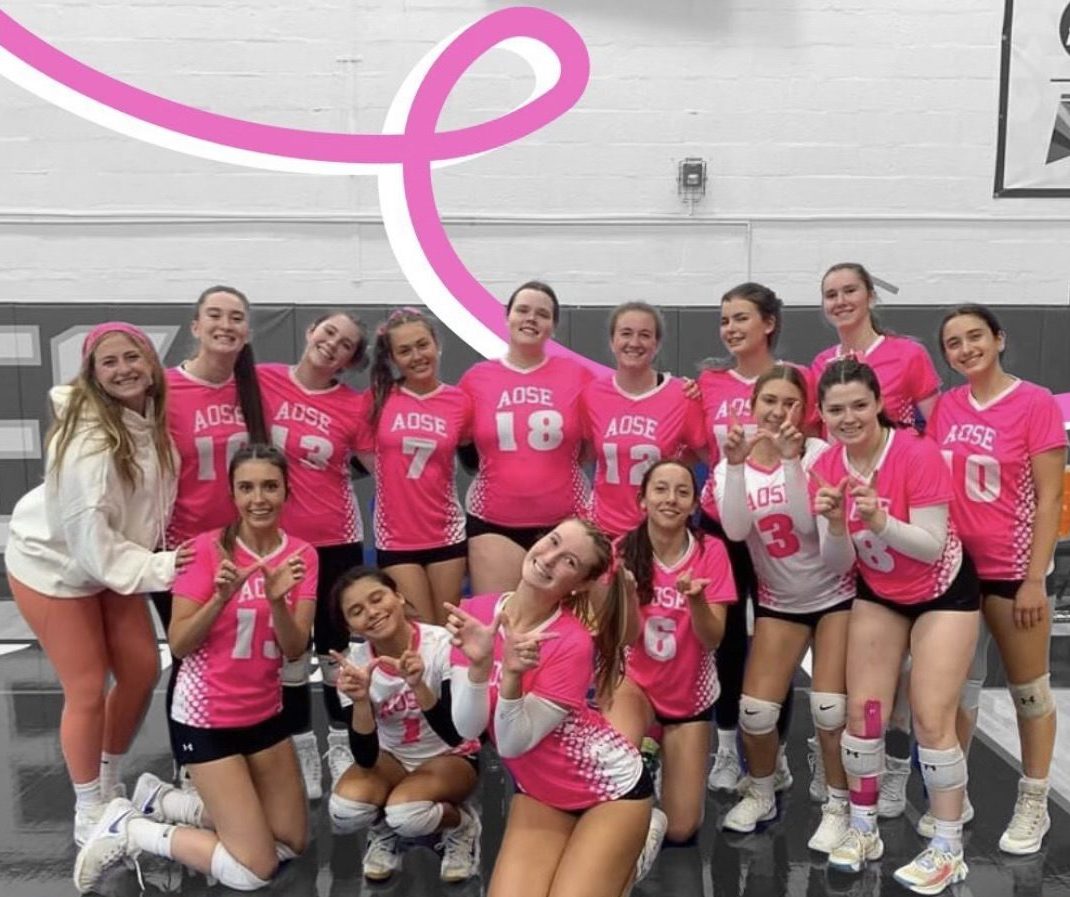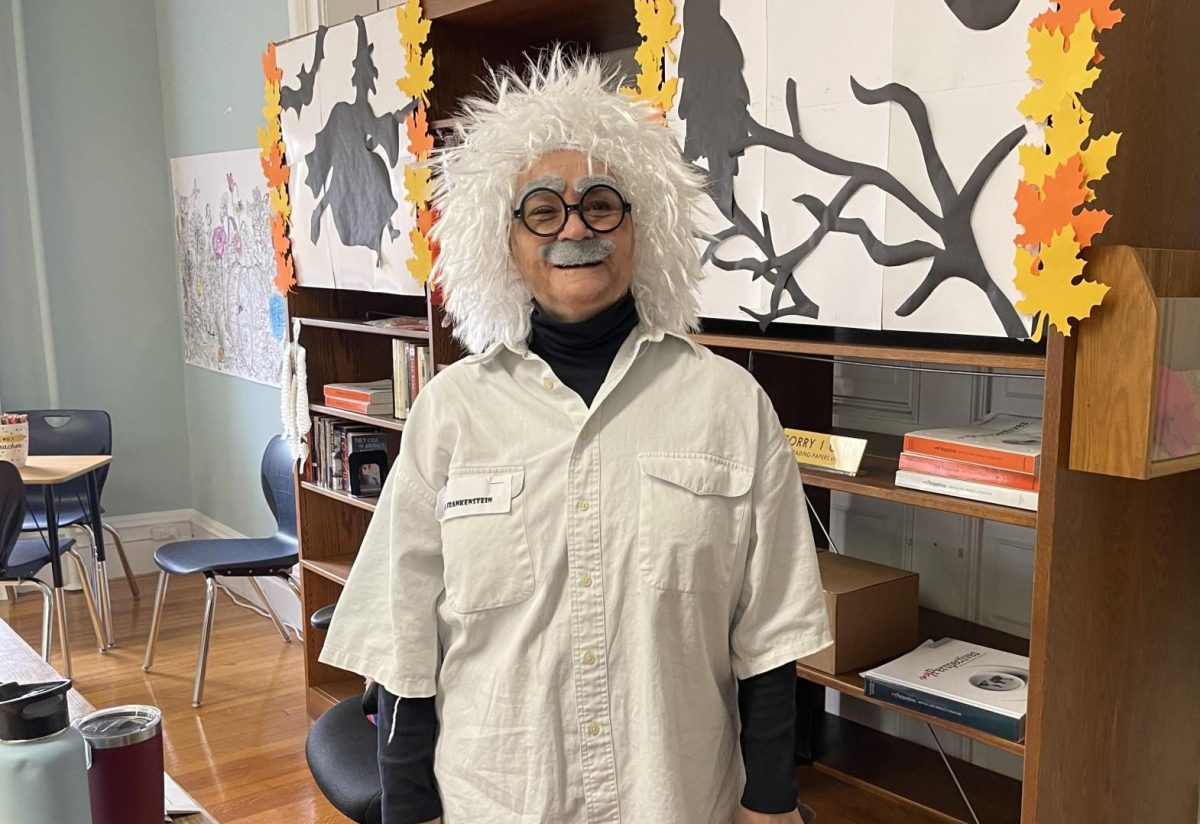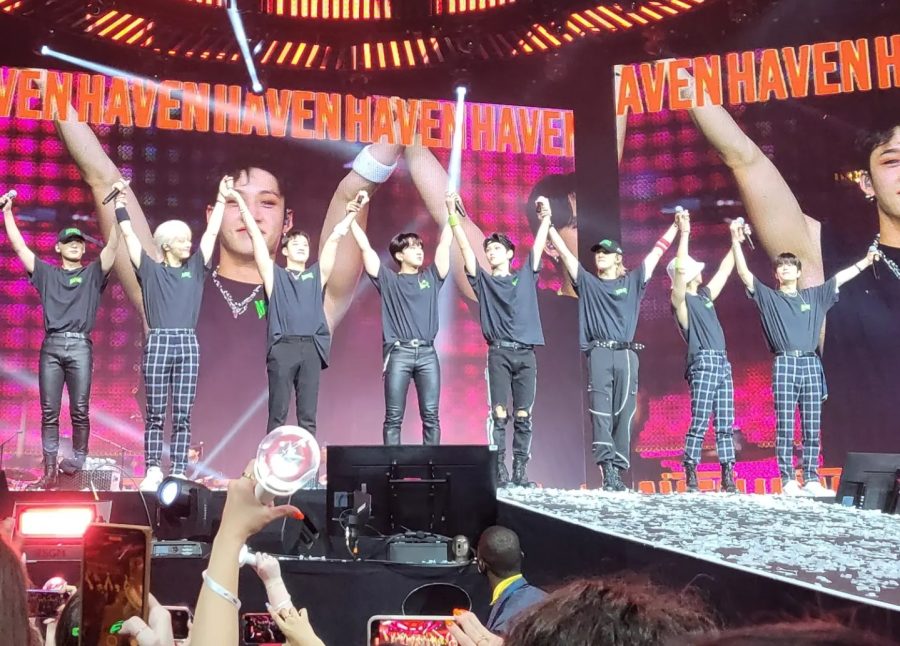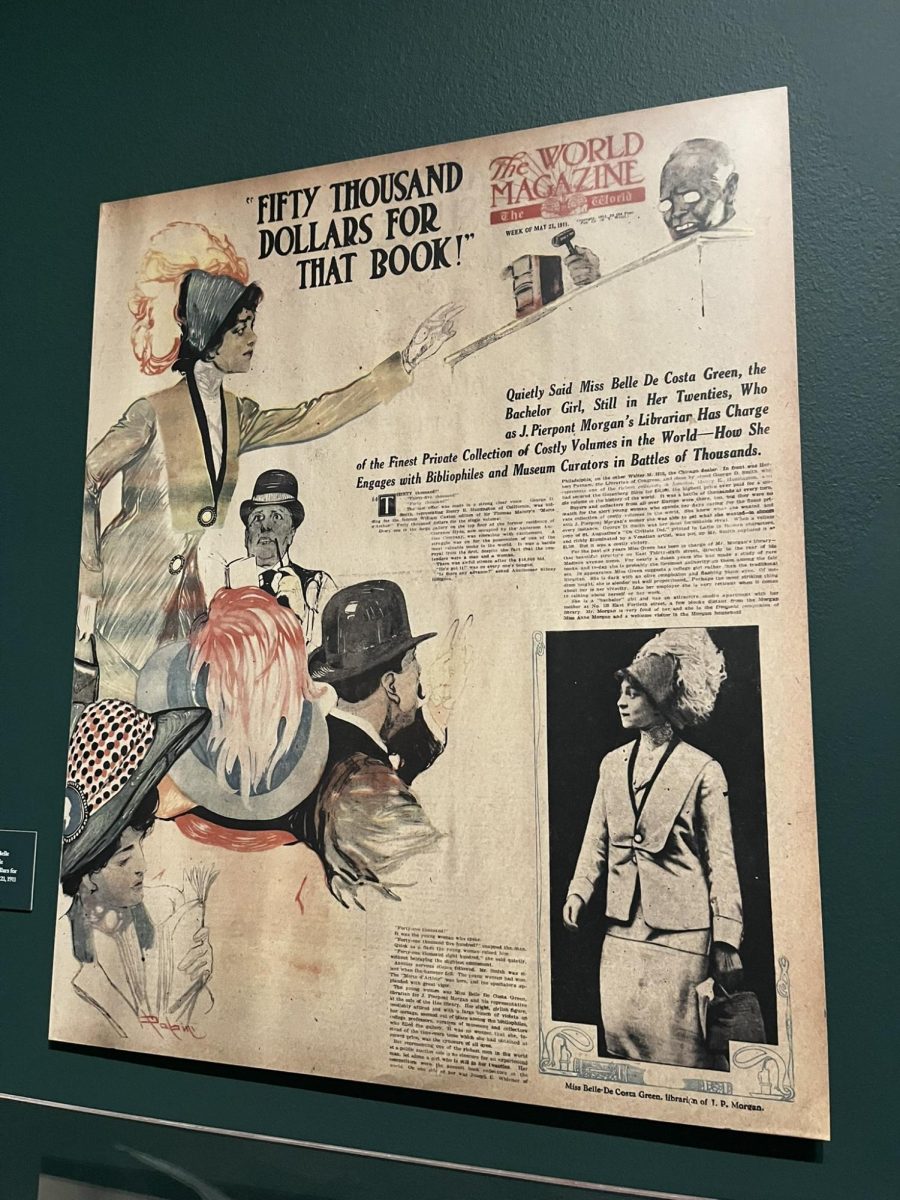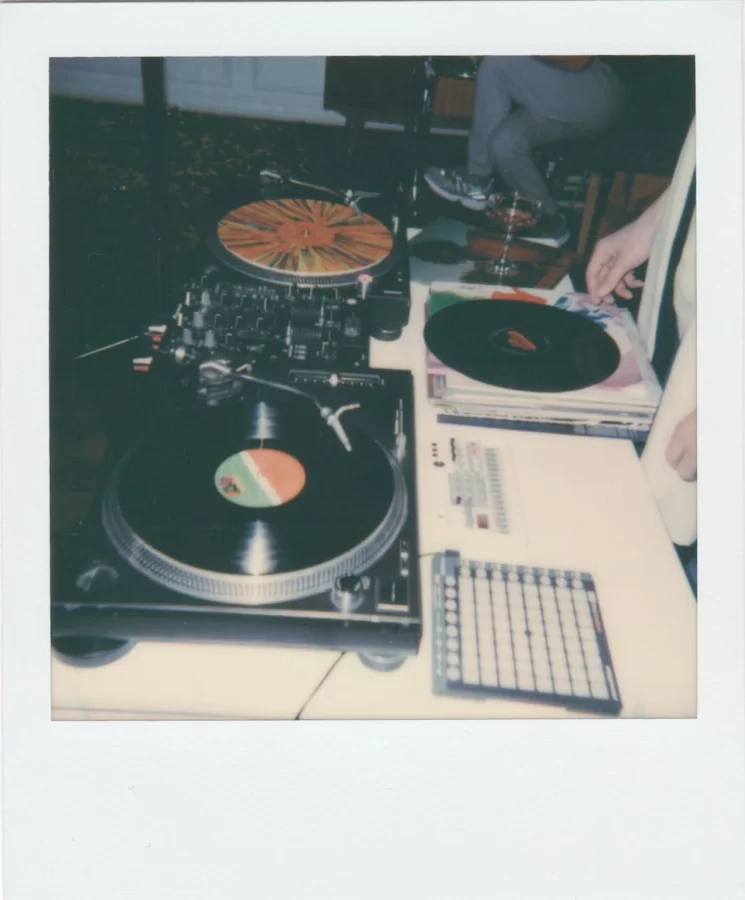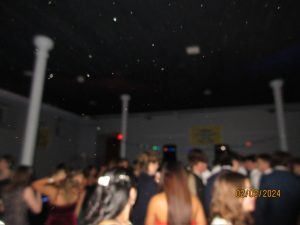Nostalgic But New: Lana Del Rey’s “Ocean Blvd”
April 18, 2023
Did you know that there’s a tunnel under Ocean Blvd? Lana Del Rey’s newest album title sounds fit for a dinner conversation with the folks, yet her album delves into the deepest lines of thought: ranging from womanhood to sorrow to self-actualization. Lyrically and musically, Del Rey is an artist. At first, Del Rey’s music seems adequate for casual listening, but it’s not for the faint of heart. You’ll find yourself coming back for more. Her music “may not be for everyone,” but it is undeniably immersive and sumptuous. The first track on the album, “The Grants,” and the last few tracks, “Fishtail” and “Peppers,” seem to be underwhelming in comparison to the album’s eponymous track, “Did you know that there’s a tunnel under Ocean Blvd,” and the very metered and delicate track, “Paris, Texas,” when in reality, they possess the same depth.
If you haven’t settled into the year 2023, Del Rey’s album will do it for you. Oddly nostalgic, but also something so now, this album is as much Del Rey’s as it is yours. The gospel influence is clear. Many artists have been returning to religious influences in recent years. Justin Bieber’s latest album, Justice, and his EP, Freedom, both spring to mind. For those who aren’t bothered by Del Rey’s spiritual and religious musings, the “Judah Smith Interlude” and “Jon Baptiste Interlude” are hard-hitters. Speaking of interludes, we’ve heard “Stargirl Interlude” from Del Rey (and The Weeknd), but these interludes are much more sprawling, magnetic, and unsettling. “A&W,” spurred along by Del Rey’s darker vocals, also exudes a restless sound, paired with an even more disquieting message.
Del Rey digs even deeper into human emotion and expression in “Kintsugi” and “Fingertips.” The artist is not afraid to broach her fear and grapplings with death. “Sweet” addresses much of the human condition through Del Rey’s distinctive Americana lens. While “Candy Necklace” also goes into a darker musical realm, the track is much more focused than “Kintsugi” and “Fingertips.” If you are not familiar, kintsugi is the Japanese practice of mending broken pottery with gold. This is more than symbolic to Del Rey, as she also alludes to lyrics from Leonard Cohen’s Anthem: “That’s how the light gets in.” Throughout the album, death is an extensive motif. Del Rey’s multiple slants on such a heavy subject give the album weight and depth, but also a certain luster.
“Grandfather please stand on the shoulders of my father while he’s deep-sea fishing” is a ponderous title and— clocking in at four minutes— a lengthy song. The piece has an equally extensive significance that forgives its tongue-twisting title. Here, Del Rey trades physical discomfort for social discomfort. She prays for her family’s health and wellness, requesting “three white butterflies to know you’re there.” A poetic and ethereal force, Del Rey proves she can (and will) unapologetically display her unique tone for whatever her artistry requires. More than an “infallible deity,” she is “regrettably a white woman.” Critics would be quick to sound the alarm, but Del Rey harnesses her singer-songwriter talent not just to speak her mind, but to plead to her audience that they “feel it in [their] bones” even “if [they] don’t believe [her], my poetry and my melodies.” Without fear of performativity, she reigns in discomfort as a thoughtfully, purposefully raw quality, a painfully overlooked skill in today’s popular music. Even Taylor Swift’s recent albums seem to radiate that oh-so-dreamy effulgence, as producer Jack Antonoff has collaborated with both Swift and Del Rey.
Del Rey wraps up her sixteen-track album with seemingly underwhelming songs compared to the rest of the album’s gorgeous tracks. But that’s just an initial reaction. Upon further listening, “Taco Truck X VB” ends the album with a moody influence and a gritty sampling of “Venice B—”. Who says all good things must come to an end? For the duration, every song seems to compound intriguingly intricate messages, yet they never become heavy or dull. Did you know that there’s a tunnel under Ocean Blvd? is decidedly addictive and by the end of the hour and eighteen-minute album, you’ll find a way to “let the light in.” Desperately searching for your own Paris, Texas, you’ll want nothing but to keep the album on repeat— and in those moments, it’s as if Del Rey magically crafts something new every time to both grace your ears and pierce your soul.
References
https://genius.com/albums/Lana-del-rey/Did-you-know-that-theres-a-tunnel-under-ocean-blvd

